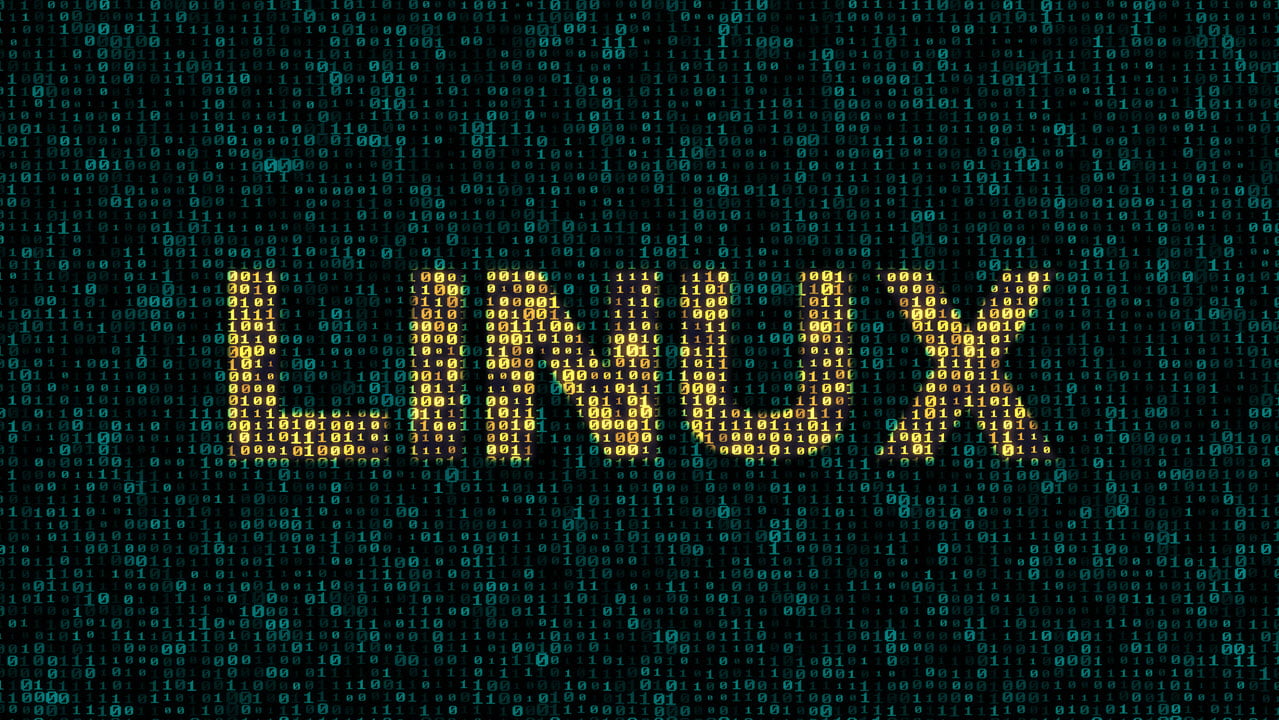The Delhi High Court has issued a stern contempt notice to Wikipedia, raising the possibility of blocking the platform in India if it fails to comply with court orders. This development stems from a defamation lawsuit filed by Asian News International (ANI), accusing the online encyclopedia of hosting defamatory content on its page.
On July 9, 2024, ANI took legal action against Wikipedia, demanding Rs. 2 crore in damages for allegedly defamatory edits on its Wikipedia page. ANI alleged that certain statements on the page misrepresented the news agency and sought their removal.
Following this, the court ordered Wikipedia to disclose information about the individuals responsible for these edits, a directive that remains unmet.
During the court hearing, Wikipedia informed Justice Navin Chawla that delays in compliance were due to the platform not being based in India, reports Bar and Bench.
However, Wikipedia’s explanation was not well-received by the court. Justice Chawla, expressing frustration, warned that the platform’s operations in India could be shut down if non-compliance continues, stating, “We will close your business transactions here…If you don’t like India, please don’t work in India.”
The court has now mandated that a representative from Wikipedia be present at the next hearing, scheduled for October 25.
The edits in question include accusations that ANI had acted as a propaganda tool for the Indian government, circulated fake news, and misreported events. One particular claim stated that ANI had falsely blamed Muslims for the sexual assault of two Kuki women during the 2023 Manipur violence, reports Medianama.

ANI strongly refuted these claims, arguing that such statements were false and intended to damage its reputation.
The lawsuit further challenges Wikipedia’s role as an intermediary under India’s Information Technology Act (2000), arguing that the platform’s status as a public utility means it should not enjoy private actor privileges.
ANI contends that Wikipedia cannot seek protection under Section 79 of the IT Act, which grants immunity to intermediaries for third-party content, as it allegedly failed to prevent or reverse these defamatory edits.
The lawsuit raises significant legal questions about the responsibilities of online platforms operating in India. Should the court rule in ANI’s favour, it could set a precedent for how the country regulates intermediaries like Wikipedia.
The looming threat of a government-mandated block could disrupt Wikipedia’s operations, with serious consequences for its Indian user base. The next court date on October 25 is poised to be a critical moment in determining the future of Wikipedia’s presence in India.
In the News: Yubikey security keys found vulnerable to side-channel attacks






